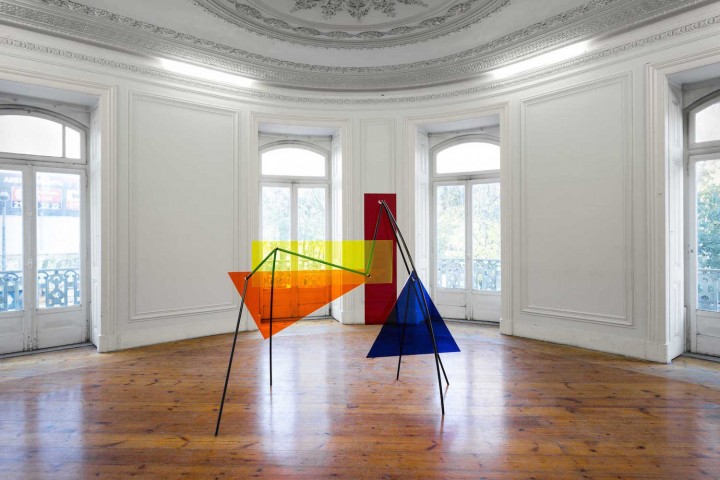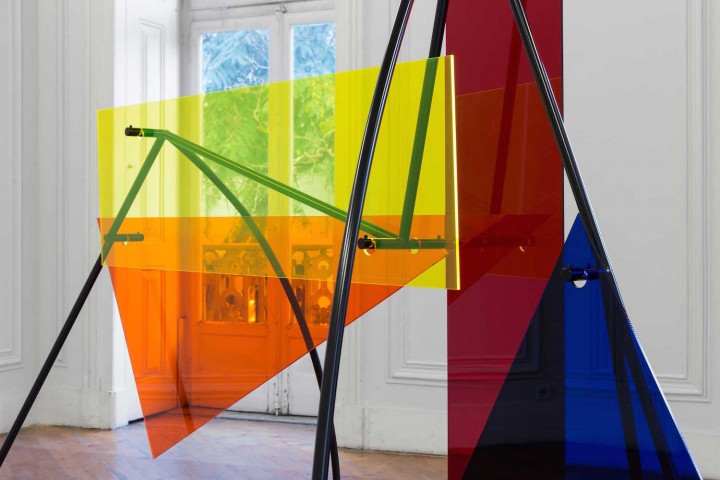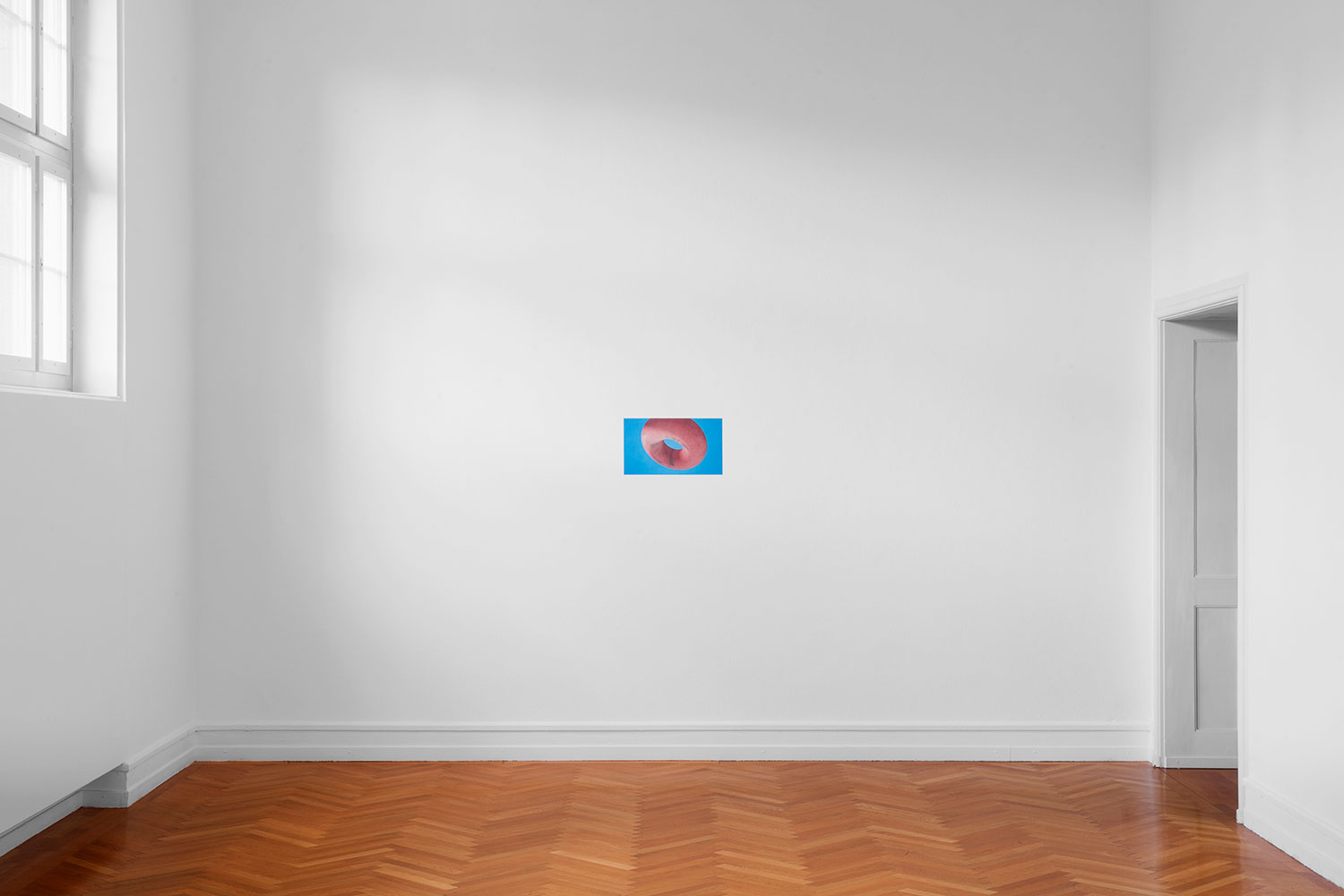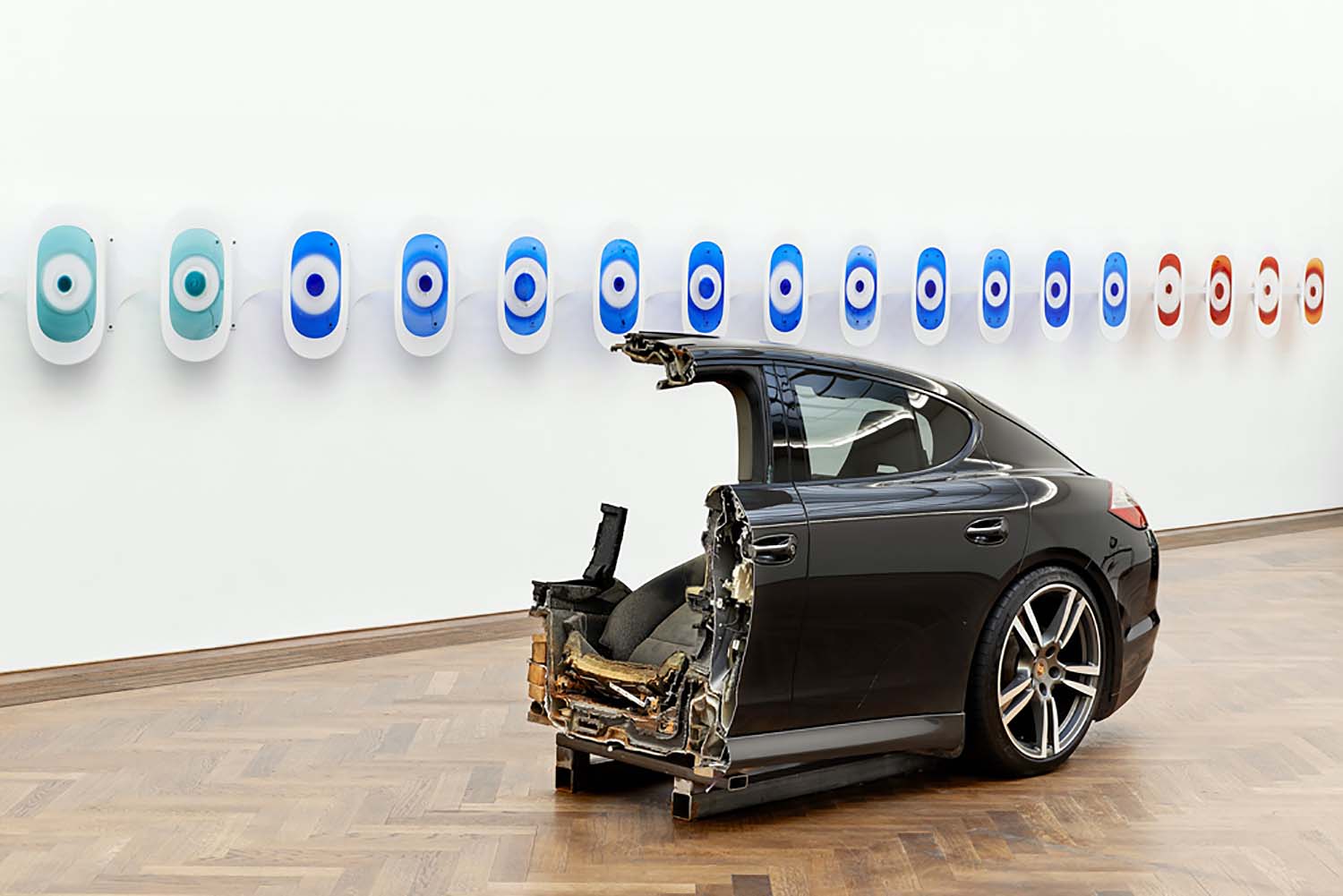Kunsthalle Lissabon (KL) is one of the few solid independent institutions in Lisbon’s contemporary art scene. Persevering through a climate of cultural stagnation, its program has been running at a steady pace, and KL has just moved to a new location in east Lisbon.
Five years is a long run for a project space. Often it is perceived as a turning point: some disappear, while others change direction. What does the future hold for KL?
Luis Silva and João Mourão: Five years go by really fast. It seems like we just opened KL last week. Despite the enormous effort of setting up and maintaining a small-scale institution in a country with such difficult conditions as Portugal, we were able to grow over time and provide better conditions for the people we work with. It’s a daily struggle, but it’s worth it. KL keeps changing — our image changes yearly. We have moved now to our third space, and the goals of the project have changed over time. This is something we are very interested in — allowing change to become a core principle of the institution.
Can you trace the effect you’ve had upon the local and international scenes?
It’s them you should be asking this question. It’s very difficult for us to access the results of what KL is and does. If you ask us about the goals we want to achieve, rather than the results, the question becomes much clearer. We can tell you that we’re committed to expanding the debate about institutional models, through critical knowledge production and through our daily activities. We’re very interested in imagining other ways of instituting, not only in our field of activity but in the wider context of the world we live in.
What is upcoming?
We have an exciting year planned. After Marwa Arsanios’s show, we will have a solo exhibition by Katja Novitskova. Then we will be presenting the final part of a collaborative project we are developing with Fondazione Giuliani and Cura magazine in Rome, and our last show of the year will be a solo show by Iman Issa. In terms of publishing activity, we are working on two monographs: one about André Guedes’s work and another on Pedro Barateiro’s.




